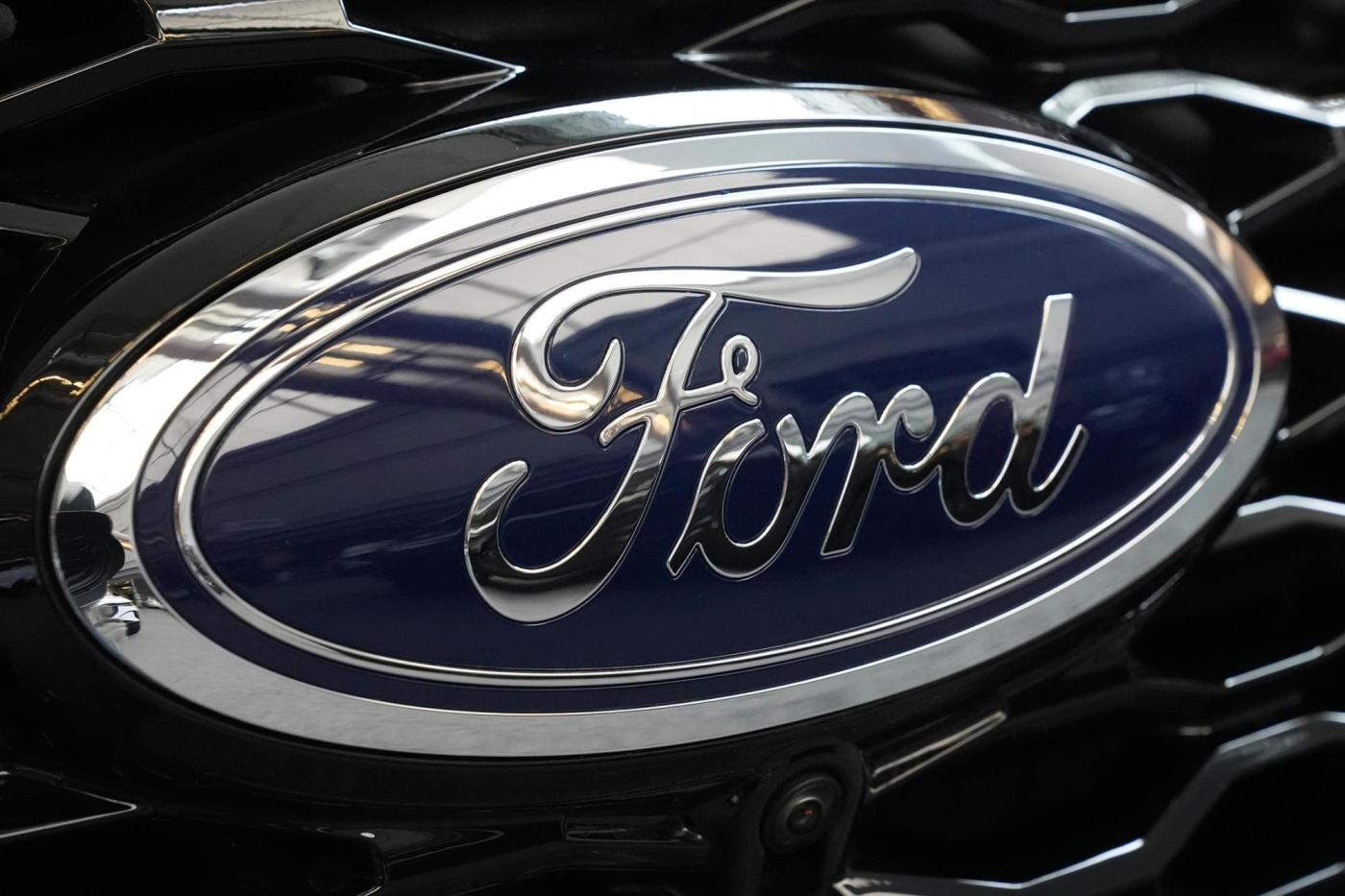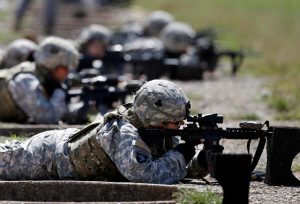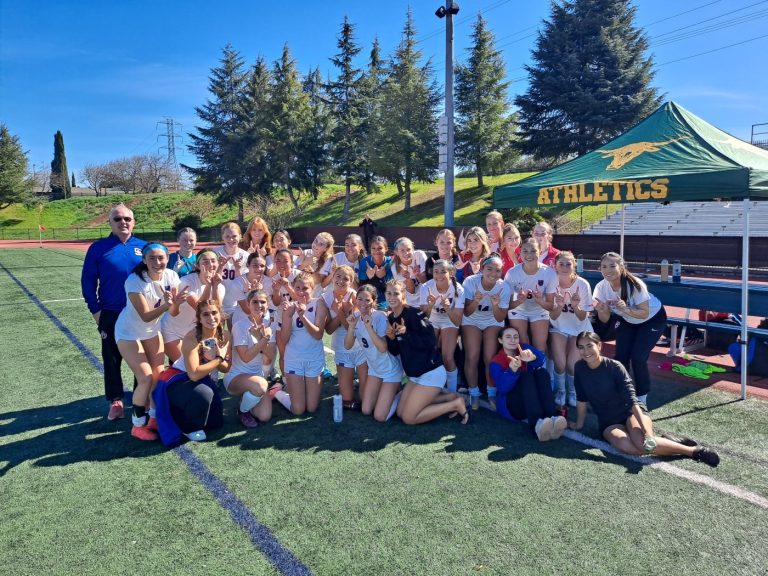Just days after announcing a civil fine against Ford for moving too slowly on a recall, the U.S. government unveiled two investigations into recalls that may not have worked or covered enough vehicles.
The largest of the probes covers about 457,000 Ford Bronco Sport SUVs and Maverick small pickups. In April Ford recalled certain 2021 through 2024 Bronco Sports and 2022 through 2023 Mavericks were recalled because they can suddenly lose power.
There have been five complaints from owners whose vehicles lost power after getting the recall fix, the National Highway Traffic Safety Administration said in a document posted Monday. The agency will investigate whether the recall was effective. The power loss has been blamed on degraded 12-volt batteries.
The other probe covers about 113,000 Ford Expeditions from 2019 through 2020. Ford recalled about 78,000 of the SUVs in February because the driver and front passenger seat belts can tighten up and hold people with no crash apparent.
Related Articles
These Southern California startups are part of a growing epicenter of EV truck production
Cruise admits to filing false report to sway federal probe into San Francisco crash
Ford agrees to pay up to $165 million penalty to US government for moving too slowly on a recall
GM recalling big pickups and SUVs because the rear wheels can lock up, increasing risk of a crash
US launches Honda probe, fearing engines on 1.4 million vehicles might fail
The agency says it has complaints about the problem occurring from three owners whose vehicles were not part of the recall. Investigators will check to see if the recall should be expanded.
Ford said it’s cooperating in both investigations.
On Thursday NHTSA announced that Ford Motor Co. will pay a penalty of up to $165 million for moving too slowly on a recall and failing to give the agency accurate recall information.
The agency said the civil penalty is the second-largest in its 54-year history. Only the fine Takata paid for faulty air bag inflators was higher.
NHTSA said Ford was too slow to recall vehicles with faulty rearview cameras, and it failed to give the agency complete information, which is required by the Federal Motor Vehicle Safety Act.












